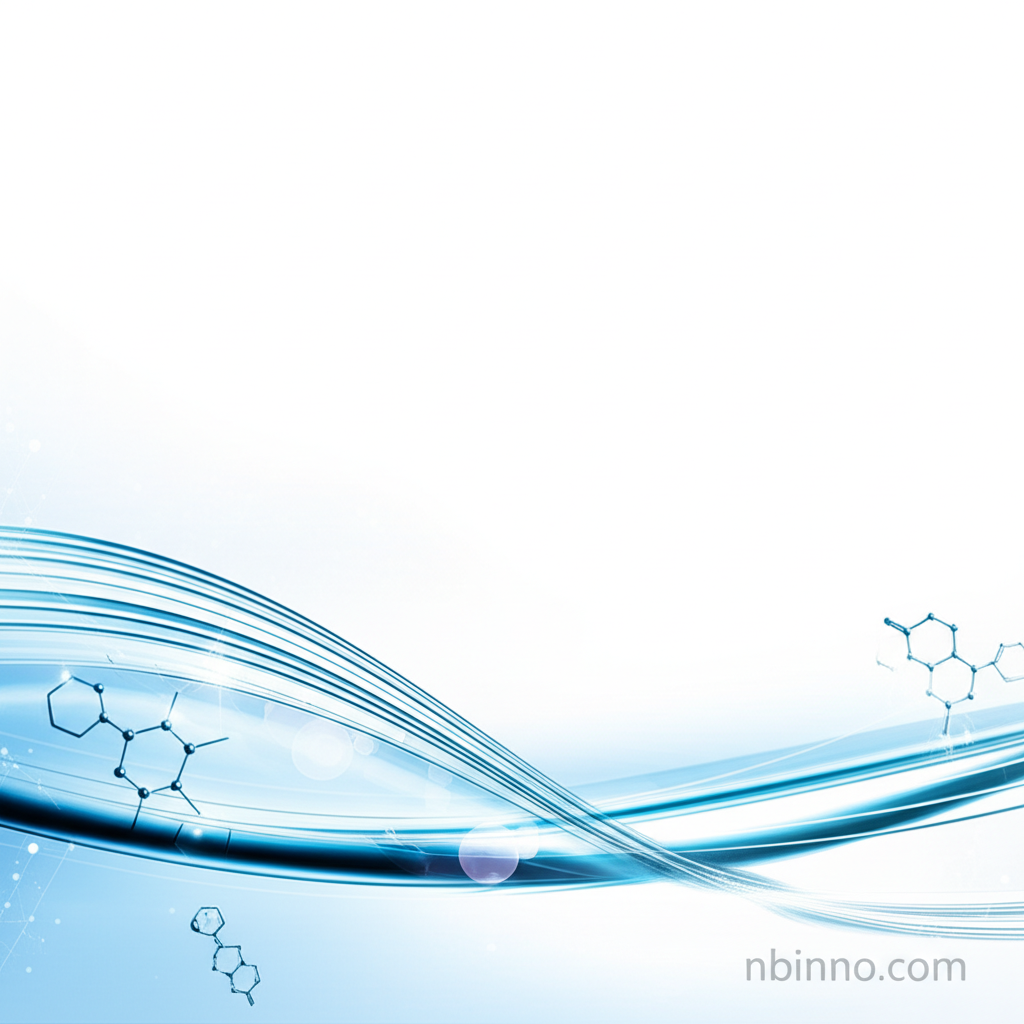Ethylene (Ethene) CAS 74-85-1: Your Essential Industrial Chemical
Discover the fundamental uses, production, and properties of Ethylene, the cornerstone of modern petrochemicals.
Get a Quote & SampleProduct Core Value

Ethylene
Ethylene, also known as Ethene (CAS 74-85-1), is a colorless, flammable gas that serves as a fundamental building block in the chemical industry. Its high reactivity, primarily due to its double carbon-carbon bond, makes it an indispensable feedstock for a vast array of downstream products. From the ubiquitous plastics like polyethylene to essential chemicals such as ethylene oxide and glycol, ethylene underpins numerous manufacturing processes.
- Explore the wide-ranging ethylene chemical applications in sectors from automotive to packaging, highlighting its versatility.
- Understand the critical role of ethylene for polyethylene production, a key material in consumer goods and industrial components.
- Learn about ethylene's function as a plant hormone, vital for controlling fruit ripening processes in agriculture.
- Delve into the complexities of ethylene production methods, including steam cracking, and their industrial significance.
Key Advantages
Versatile Feedstock
As a primary feedstock, ethylene enables the synthesis of countless chemicals and polymers, driving innovation across industries and facilitating efficient ethylene industrial uses.
Economic Significance
The global demand for ethylene underscores its economic importance, with extensive production ensuring its availability for various chemical synthesis needs, supporting the 'buy ethylene online' market.
Agricultural Booster
Utilizing ethylene as a plant hormone for fruit ripening offers significant benefits in horticulture, ensuring better quality and extended shelf life.
Key Applications
Polymer Production
Ethylene is the primary monomer for polyethylene, one of the world's most common plastics, used in everything from films and bags to pipes and containers, demonstrating its extensive ethylene chemical applications.
Chemical Synthesis
It serves as a crucial intermediate for producing ethylene oxide, ethylene glycol (antifreeze, PET), vinyl chloride (PVC), ethylbenzene (styrene), and ethanol, showcasing diverse ethylene industrial uses.
Agriculture
Ethylene gas is widely used to control fruit ripening and flowering in horticultural applications, leveraging its role as a natural plant hormone.
Specialty Uses
Beyond large-scale production, ethylene is employed as a refrigerant (R-1150), a fuel gas for welding, and historically as an anesthetic, highlighting its varied ethylene gas properties.
